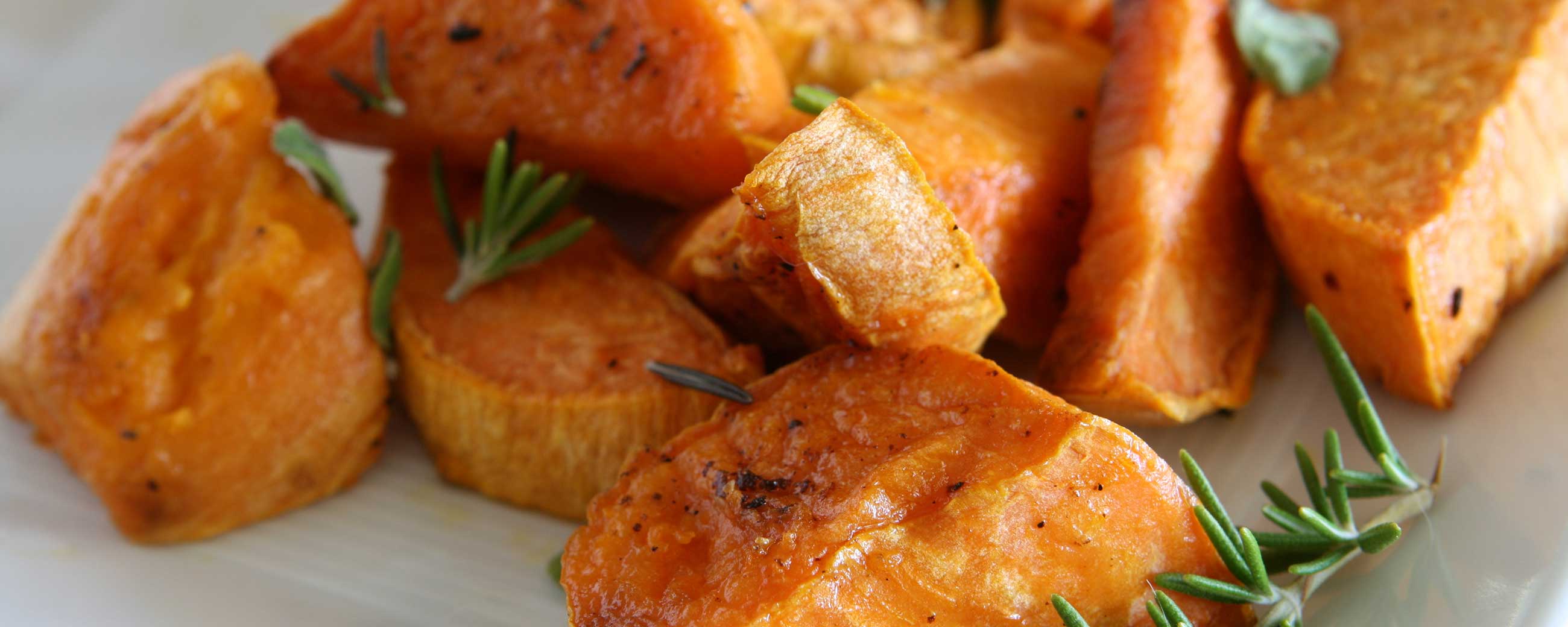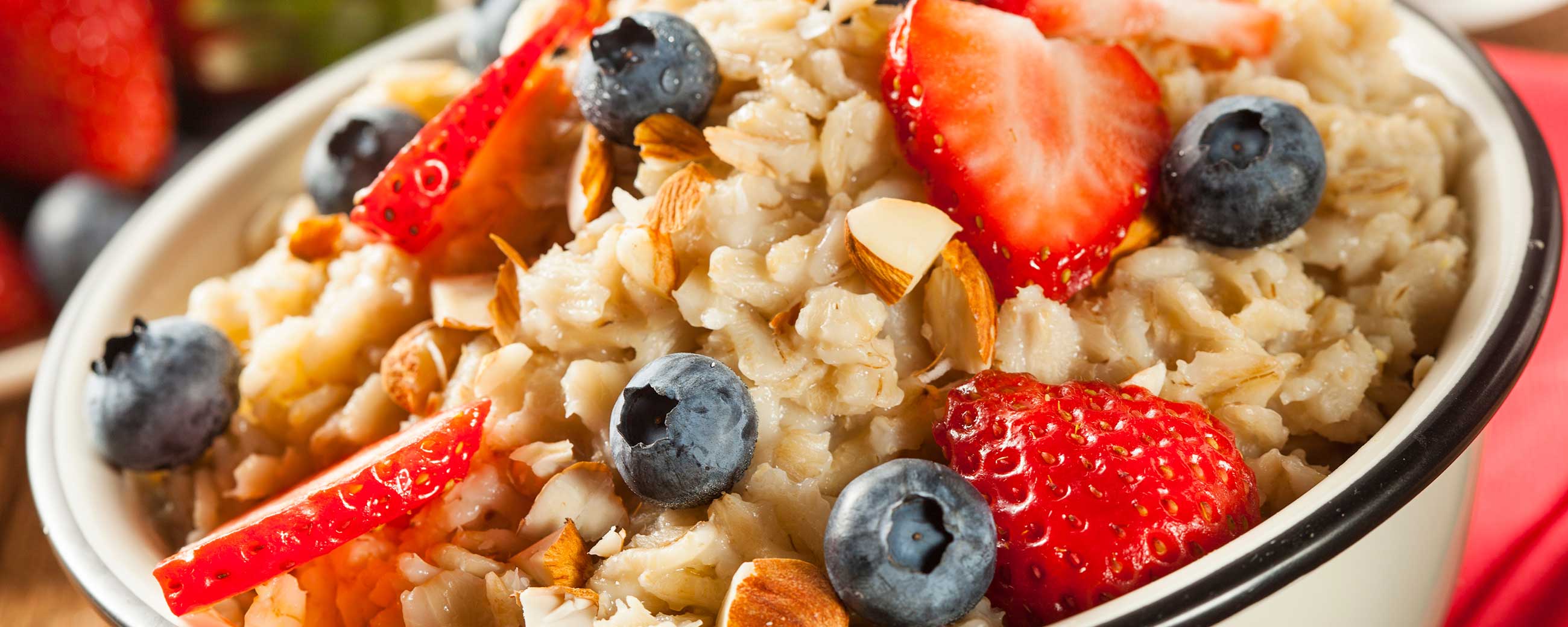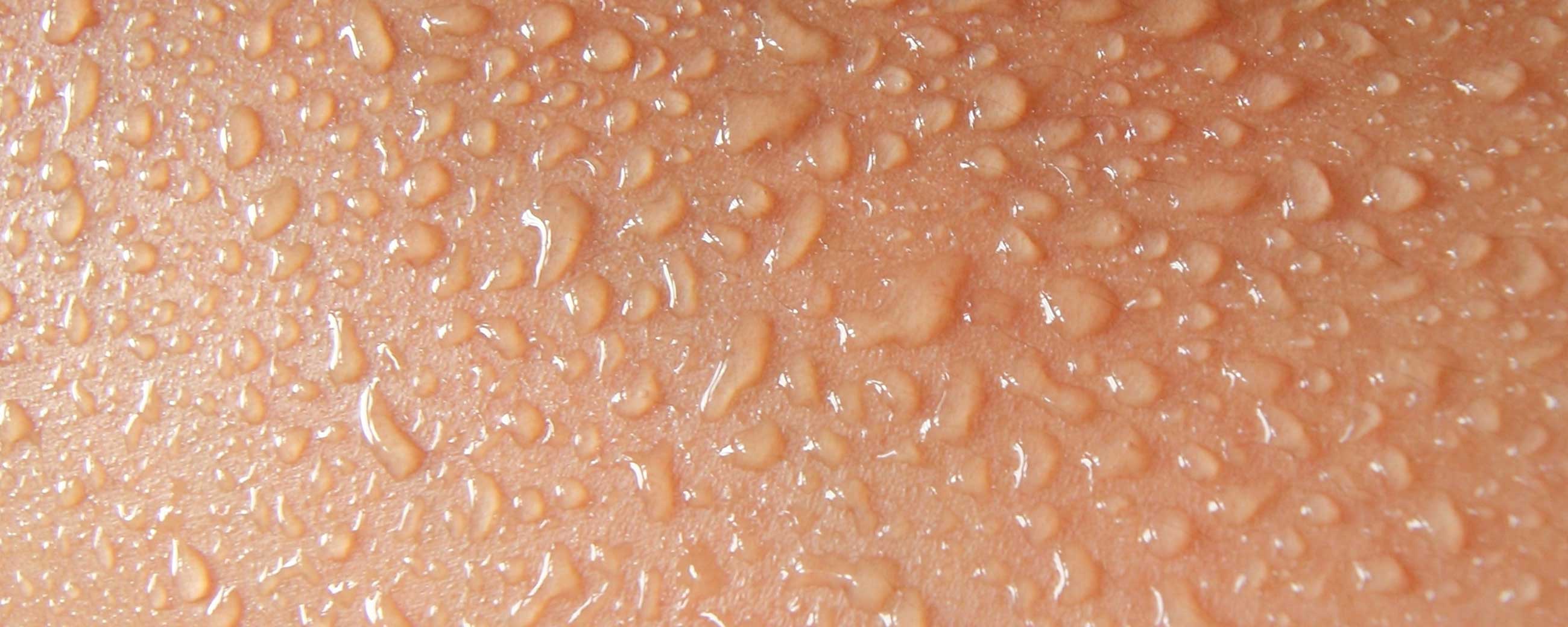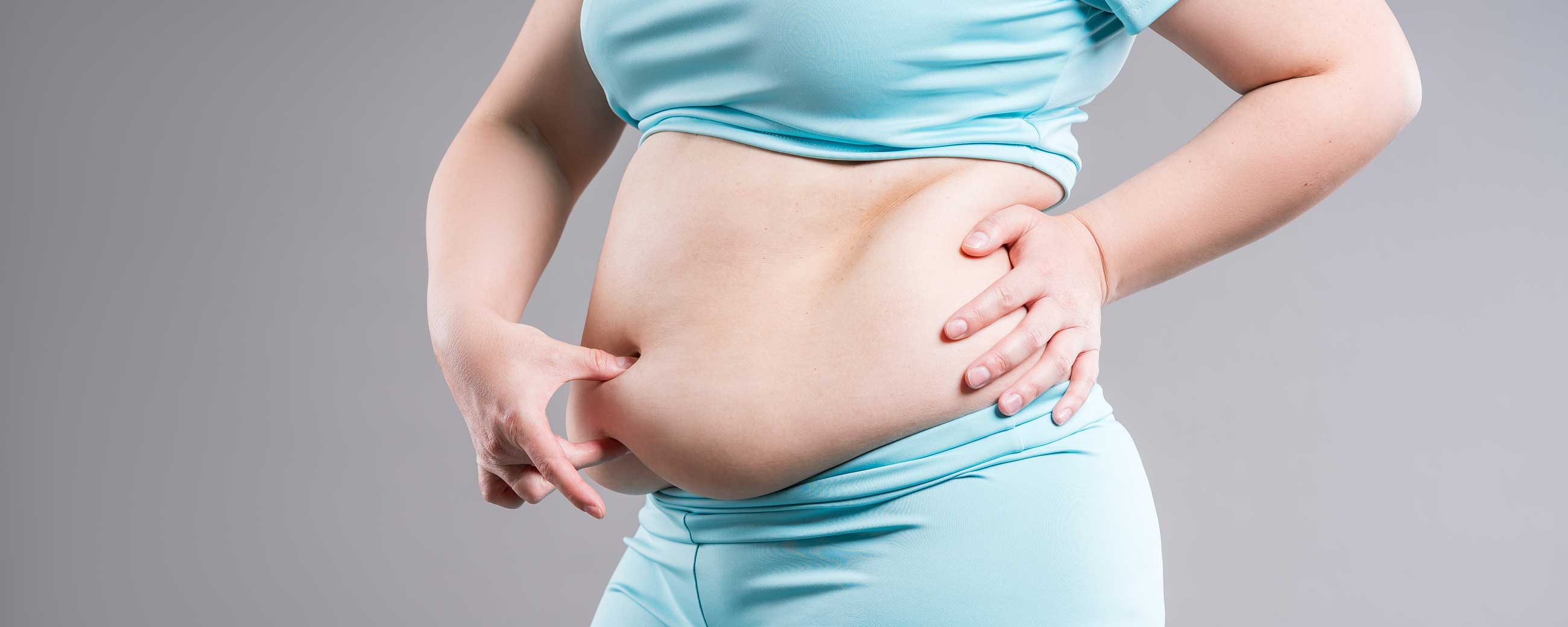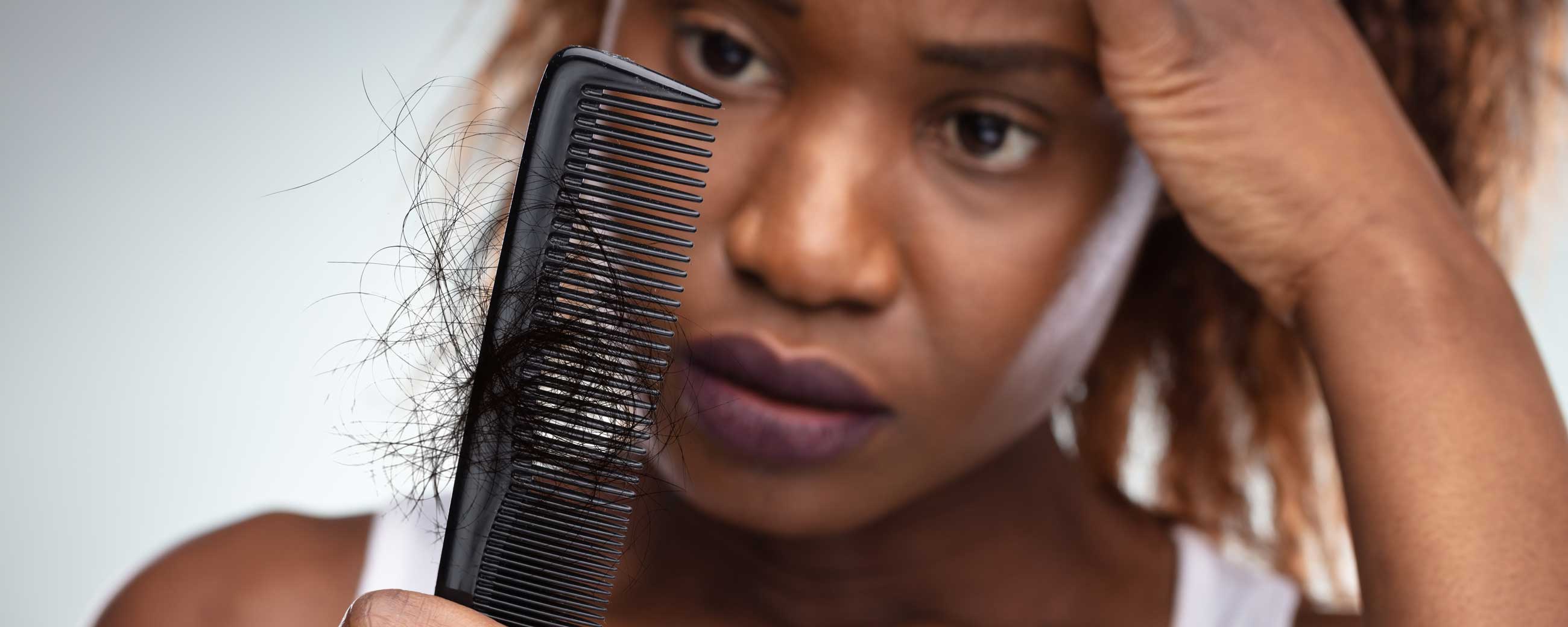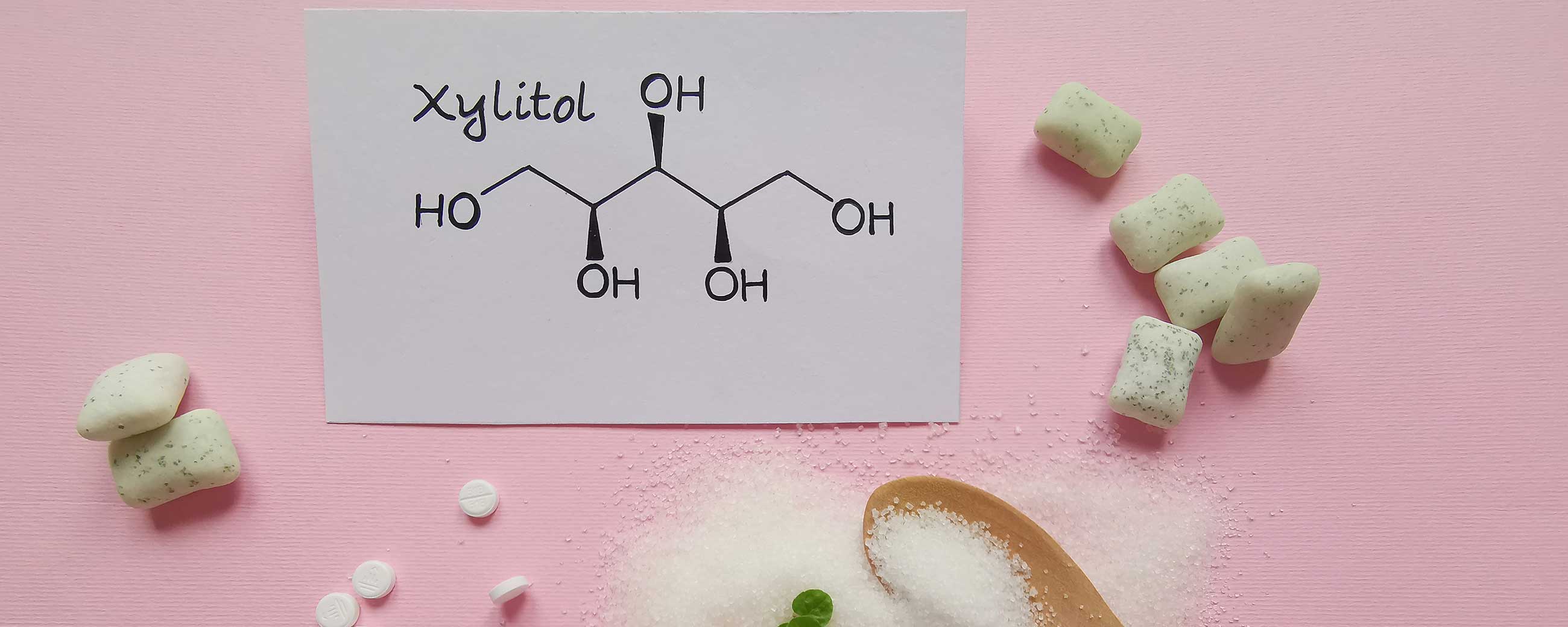
Best Sugar Substitutes for Diabetes

Choosing a safe sweetener when you have diabetes can feel confusing, but the good news is there are plenty of options that let you enjoy sweetness without sending your blood sugar on a rollercoaster. Sweeteners fall into four main categories: artificial sweeteners, natural sweeteners, sugar alcohols, and regular sugar. Each one has its pros and cons, from taste and texture to how they affect blood sugar levels.
At Virta, we believe that what matters most is finding a sweetener that fits your personal preferences, doesn’t spike your glucose, is low in calories and carbs, and that you can tolerate without unpleasant side effects.
What Makes a Sweetener Safe for Diabetes?
Sugar-free sweeteners generally fall into three buckets: artificial sweeteners, natural sweeteners, and sugar alcohols. All of them provide sweetness with little to no calories or carbs, but they differ in origin, taste, and how they affect blood sugar.
Artificial sweeteners, like saccharin (Sweet’N Low), aspartame (Equal), and sucralose (Splenda) have been studied extensively, and while there’s debate in the media, the FDA has determined them to be safe for human use.
So what makes a sweetener “safe” for diabetes? Ideally, it shouldn’t spike your blood sugar, should be low in calories and carbs, and should be something you can tolerate well without side effects.
Best Natural Sugar Substitutes for Diabetes
Natural sweeteners, such as stevia, monk fruit, and allulose, come from plants. They’re popular among people who prefer a more “natural” option. But watch for added fillers in packets (like Truvia), since those can contain extra carbs.
Sugar alcohols (polyols) like erythritol, xylitol, sorbitol, and maltitol mimic sugar’s sweetness with fewer calories. They’re often used in baking and packaged sugar-free snacks. They generally have a smaller impact on blood sugar but can cause GI issues if you overdo it.
Stevia
Stevia is derived from the leaves of the Stevia rebaudiana plant, a shrub that’s native to Paraguay and Brazil in South America. The sweet taste comes from compounds in the leaves called steviol glycosides, which can be up to 200–300 times sweeter than table sugar but contains no calories and doesn’t raise blood sugar.
Monk fruit
Monk fruit comes from the luo han guo fruit, a small round melon native to southern China and northern Thailand. The sweetness comes from compounds in the fruit called mogrosides, which are about 150–200 times sweeter than sugar but contain no calories and don’t raise blood sugar.
Erythritol
Erythritol is a sugar alcohol that’s nearly calorie-free and doesn’t affect blood sugar for most people. It comes in granulated, powdered, and even brown sugar versions, making it versatile for baking or stirring into yogurt. It’s also well tolerated with minimal digestive issues compared to other sugar alcohols.
Xylitol
Xylitol is another sugar alcohol that has some benefits for dental health, which is why it’s often found in sugar-free gum and mints. It can raise blood sugar slightly if consumed in large amounts and, like other polyols, may cause stomach upset in high doses.
Allulose
Allulose is worth a special mention. Not only does it not raise blood sugar, but it may actually help lower blood sugar and insulin levels. It looks and tastes like sugar, though it’s slightly less sweet, and works well in both coffee and baking.
Best Artificial Sweeteners for Diabetes
Aspartame (Equal, NutraSweet)
Commonly found in blue packets, aspartame has been thoroughly studied. Despite early controversy, it’s been deemed safe by the FDA and is widely used.
Sucralose (Splenda)
Sold in yellow packets, sucralose is heat-stable, so it can be used in cooking and baking. It generally doesn’t raise blood sugar.
Saccharin (Sweet'N Low)
The pink packet staple, saccharin was once controversial but has since been shown to be safe for human use. It’s one of the oldest artificial sweeteners still on the market.
What about Alternative Sweeteners?
Is honey good for people with diabetes? The short answer is no. Honey, agave, coconut sugar, date sugar, and maple syrup are alternative names for sugar. All forms of sugar should be avoided if you have type 2 diabetes or are simply trying to follow a low carb lifestyle.
Sugar Substitute FAQs
Are artificial sweeteners bad for you?
Based on the available evidence, no. Despite controversy, studies in humans show they’re safe in moderate amounts.
Does Sucralose (Splenda) raise blood sugar?
Sucralose does not raise blood sugar in most people.
What is the most unhealthy artificial sweetener?
None of the FDA-approved options (aspartame, sucralose, saccharin) are considered unsafe at normal consumption levels.
Which artificial sweetener is the safest?
This depends on tolerance and personal health, but none of the FDA-approved options are considered unsafe at normal consumption levels.
Is it bad to have artificial sweeteners every day?
No. Artificial sweeteners are considered safe at normal consumption levels. Your personal tolerance and preferences are up to you.
Is Splenda or stevia better for people with diabetes?
Stevia is often favored as the more “natural” option, but both are considered safe.
What kind of sugar won't raise blood sugar?
All forms of sugar, including table sugar, honey, agave, date sugar, coconut sugar, and maple syrup will raise blood sugar. Sugar alcohols (polyols) like erythritol, xylitol, sorbitol, and maltitol have a smaller impact on blood sugar.
What’s the best tasting artificial sweetener?
While taste is subjective, many people like sucralose or blends that combine natural and artificial sweeteners.
What’s the best tasting sugar substitute?
Erythritol and allulose are often praised for being closest to sugar in taste and texture, especially in baking.
The Takeaway
If you are diagnosed with type 2 diabetes and want to live a healthier lifestyle, Virta Health may be able to help. By making healthy lifestyle changes in a medical setting with supportive resources like 1:1 virtual coaching, you can regain control of your health and feel like yourself again. See if you’re eligible for Virta Health here.
This blog is intended for informational purposes only and is not meant to be a substitute for professional medical advice, diagnosis, or treatment. Always seek the advice of your physician or other qualified health provider with any questions you may have regarding a medical condition or any advice relating to your health. View full disclaimer
Are you living with type 2 diabetes, prediabetes, or unwanted weight?




